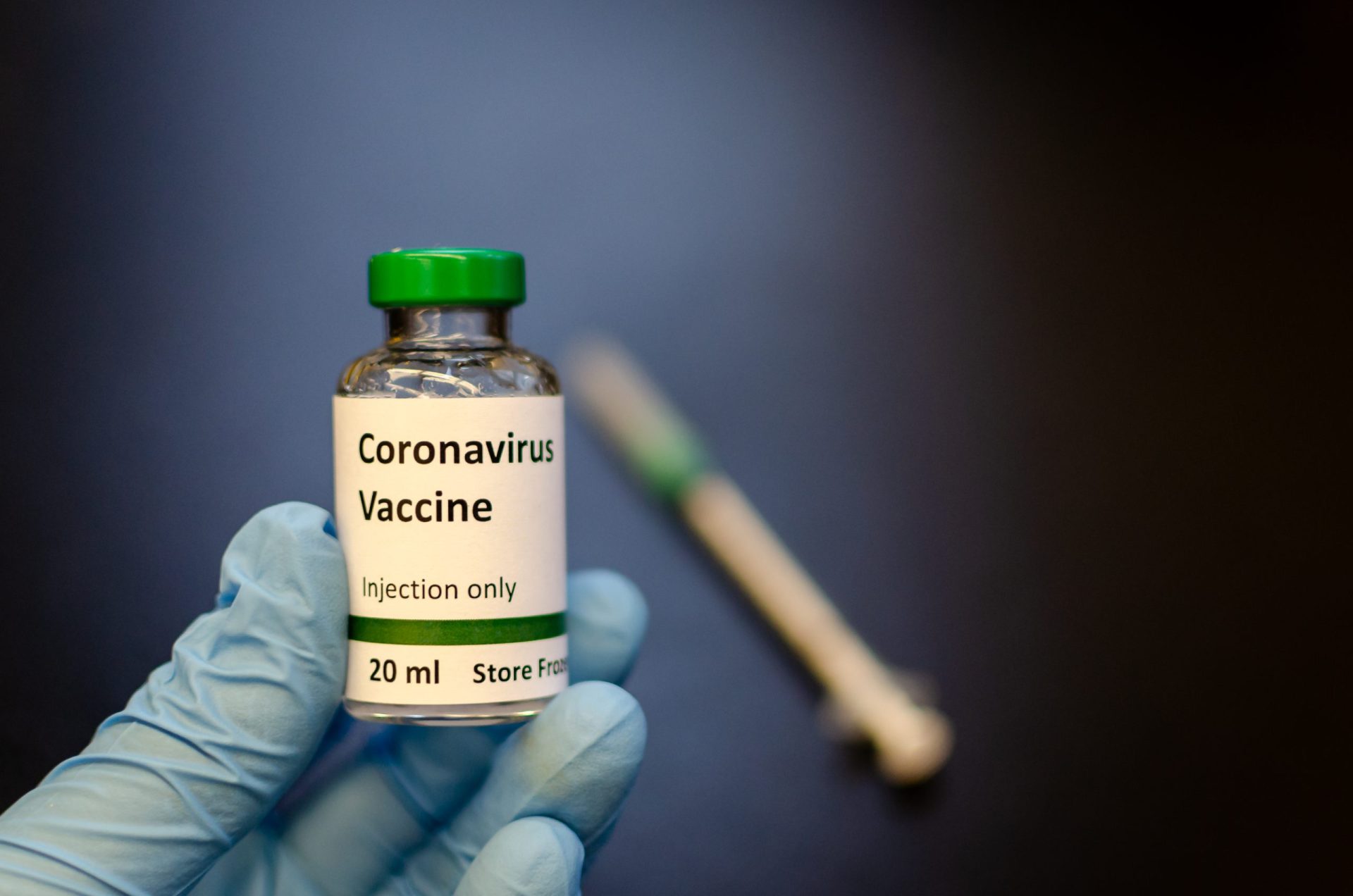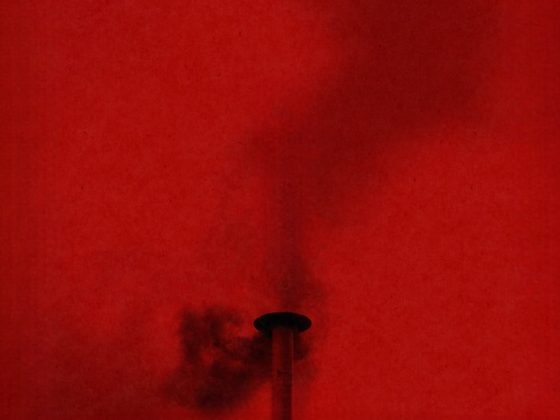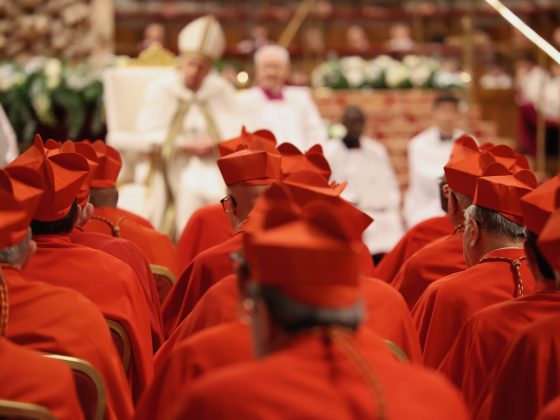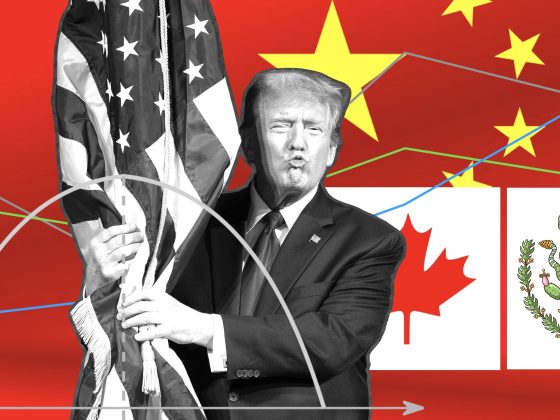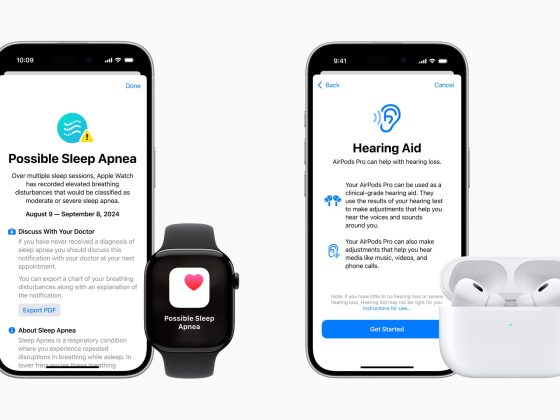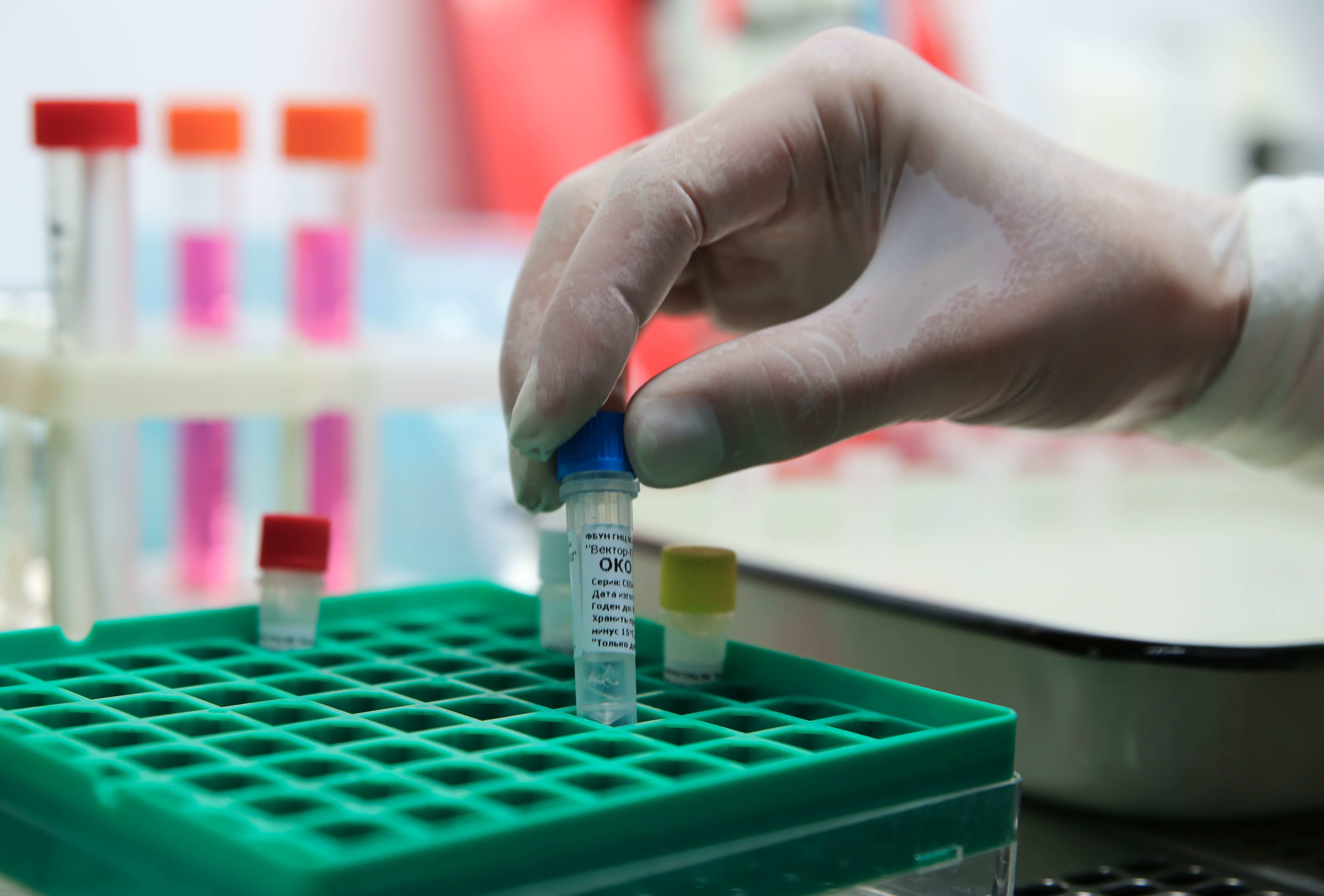
But this was 2016. More than a decade had passed since the viral disease known as severe acute respiratory syndrome, or SARS, had spread through China, killing more than 770 people. That disease, an earlier coronavirus similar to the one now sweeping the globe, was a distant memory by the time Hotez and his team sought funding to test whether their vaccine would work in humans.
“We tried like heck to see if we could get investors or grants to move this into the clinic,” said Hotez, co-director of the Center for Vaccine Development at Texas Children’s Hospital and dean of the National School of Tropical Medicine at the Baylor College of Medicine in Houston. “But we just could not generate much interest.”
That was a big missed opportunity, according to Hotez and other vaccine scientists, who argue that SARS, and the Middle East respiratory syndrome, or MERS, of 2012, should have triggered major federal and global investments to develop vaccines in anticipation of future epidemics.
Instead, the SARS vaccine that Hotez’s team created in collaboration with scientists at the University of Texas Medical Branch at Galveston is sitting in a freezer, no closer to commercial production than it was four years ago.
“We could have had this ready to go and been testing the vaccine’s efficacy at the start of this new outbreak in China,” said Hotez, who believes the vaccine could provide cross-protection against the new coronavirus, which causes a respiratory disease known as COVID-19. “There is a problem with the ecosystem in vaccine development, and we’ve got to fix this.”
Hotez will take that message to Congress on Thursday, when he’s scheduled to testify before the House Committee on Science, Space and Technology. He plans to argue that the new coronavirus should trigger changes in the way the government funds vaccine development.
“It’s tragic that we won’t have a vaccine ready for this epidemic,” Hotez wrote in prepared remarks he shared with NBC News. “Practically speaking, we’ll be fighting these outbreaks with one hand tied behind our backs.”
As of Wednesday, there had been more than 94,000 confirmed coronavirus cases globally and about 3,200 deaths. Public health officials are concerned that the virus, which can lead to respiratory failure brought on by pneumonia, will spread widely in the U.S. and last beyond this year — much like the seasonal flu, but more severe and potentially deadlier.
In response, pharmaceutical companies, university researchers and the federal government have been rushing to develop a vaccine. In addition to the official government effort led by the National Institutes of Health, several drugmakers are also scrambling to develop a vaccine that can be tested in humans in the coming months. But even under the rosiest of projections, one won’t be ready for more than a year, government officials say.
“I’m cautiously optimistic that we will get a vaccine,” Dr. Anthony Fauci, the National Institutes of Health’s director for infectious diseases, said in an interview this week. “The thing that’s sobering is that it’s not a vaccine we’re going to have next month, so we’re going to have to tough it out through this evolution.”
Early efforts to develop a SARS vaccine in animal trials were plagued by a phenomenon known as “vaccine-induced enhancement,” in which recipients exhibit worse symptoms after being injected — something Fauci said researchers must be mindful of as they work to quickly develop a vaccine to protect against COVID-19.
That kind of research — figuring out which vaccine strategies work and which don’t — potentially could have been completed before the new outbreak, said Jason Schwartz, a professor at the Yale School of Public Health who studies vaccine development. He said the global response to the coronavirus exposes broader flaws in the way medical research is funded, which he says tends to be market-driven and reactive, rather than proactive.
“We have a pattern in our medical research landscape in which outbreaks lead to a surge in research investment, and if and when those outbreaks wane, as they invariably do, other priorities take their place,” Schwartz said. “As a result, you lose those opportunities to capitalize on that initial investment, and the cycle starts over again.”
The responsibility to fund this type of research must rest with governments and nonprofits, Schwartz said, because for-profit pharmaceutical companies can’t be counted on to fund projects that, in most cases, will never make money.
Some progress was made in the wake of the West Africa Ebola outbreak that ended in 2016. It spurred global leaders to create the Coalition for Epidemic Preparedness Innovations, or CEPI, a private-public partnership that’s based in Norway and funded in part by the Bill and Melinda Gates Foundation. The nonprofit group has poured millions of dollars into vaccine development, but Schwartz and other experts say more is needed.
“We need to make sure that there are incentives outside of our traditional business model that can lead to greater investments in that foundational research,” Schwartz said.
Dr. James LeDuc, director of the Galveston National Laboratory, said work has resumed on the SARS vaccine that his researchers helped develop with Hotez’s team. The laboratory, a high-security biocontainment facility on Texas’ Gulf Coast, received a live sample of the new coronavirus last month and will use it to test the vaccine in mice.
But first the lab must breed a colony of mice genetically engineered to replicate the human disease, a process that LeDuc said will take months.
“I think we as a nation and as a society need to be more agile in recognizing that new diseases do occur, and once they’ve cropped up, they very well may come again, maybe not the same but very similar,” said LeDuc, who formerly directed influenza response efforts at the Centers for Disease Control and Prevention. “So it was a shame that we had to stop that work and now are having to try and restart it.”
For weeks, Hotez has been reaching out to pharmaceutical companies and federal scientific agencies — and even the Medical Research Council in the United Kingdom — asking them to provide the roughly $3 million needed to begin testing the vaccine’s safety in humans, but so far none have done so.
“We’ve had some conversations with big pharma companies in recent weeks about our vaccine, and literally one said, ‘Well, we’re holding back to see if this thing comes back year after year,'” Hotez said.
He said he hopes the seriousness of the outbreak leads to reforms in how the federal government funds vaccine development, although he notes that he called for similar changes after the SARS and Ebola outbreaks. He said he’s particularly worried about the toll the coronavirus will take on elderly nursing home residents and health care workers. But when he talks to Congress on Thursday, Hotez said, he’s also going to make an economic argument.
“Because nobody would invest a few million dollars into these SARS vaccines, we’re looking at, I don’t know what the number is, $10 billion, $100 billion in economic losses,” Hotez said. “The stakes are so high, and the amount of money you’re talking about to fund this research is so modest.”

